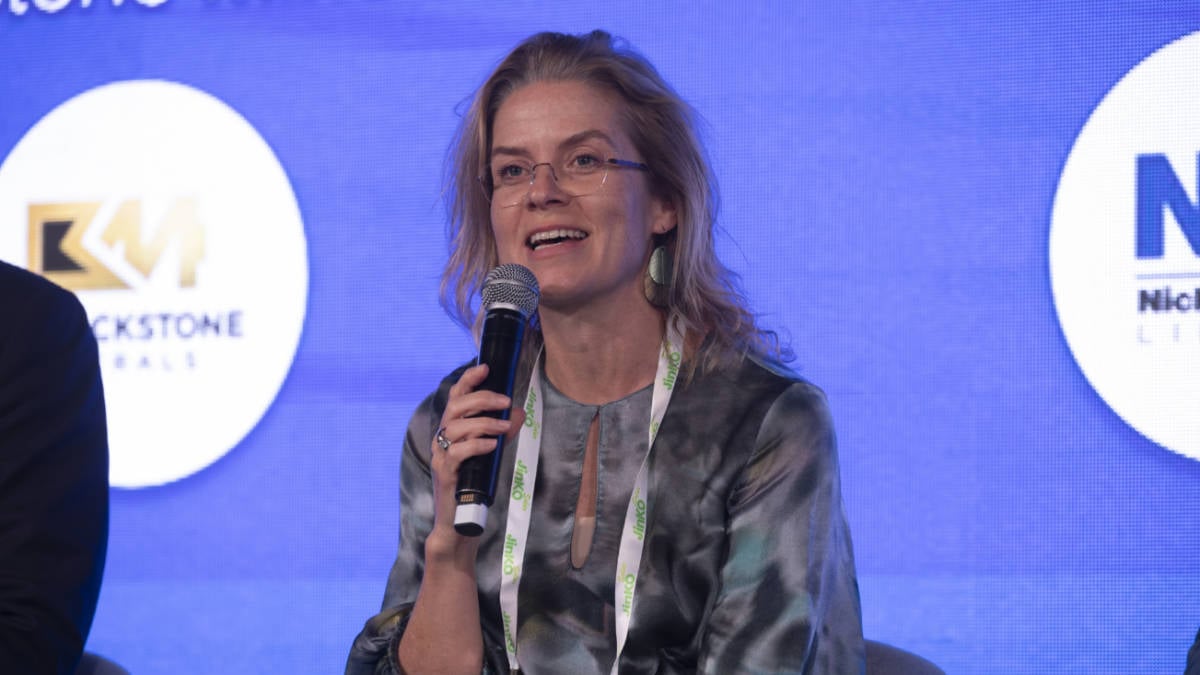NickelSearch managing director Nicole Duncan coveted the role of junior mining executive long before she knew how that dream was going to be realised.
Given her father was a respected economist for the World Bank in Washington, Duncan spent many family dinners listening to conversations about commodity prices and supply and demand forecasts.
Duncan was particularly intrigued when the dinnertime discussion would turn to the topic of developing economies.
“Mining plays a huge role in developing economies,” Duncan tells Stockhead.
“You can’t move the orebody. The orebody is wherever it is. So what that means is you have to take the location as best you can so that everybody benefits from mining being there.
“For me, seeing and hearing the benefits that could be brought to developing economies just really struck a chord. So when I got the chance to work in mining, I jumped at it.”
While Duncan coveted a job in the resources industry, she took a path less familiar to get there. Where most would study to become a geologist, mining engineer or metallurgist, she trained to be a lawyer.
After completing her university degree, Duncan landed a job with BHP (ASX: BHP) as a junior lawyer in the mining giant’s internal legal team.
“It wasn’t until I started working there that I realised this is what I really wanted to do – not be a lawyer in a law firm, I actually wanted to be part of a mining company, in whatever way I could make that happen,” she said.
“I didn’t comprehend that going into university, I was too young to understand exactly what I wanted to do with my career and what was going to get me there. What that’s meant is my career has had a few twists and turns along the way for me get me into the roles I’ve wanted to do.”
Duncan (back row, second from left) was named in the “100 Global Inspirational Women in Mining” in 2018. Pic supplied of NIS
Gender not a barrier… but career choice, maybe!
Duncan does not hesitate when asked if being appointed managing director of NickelSearch (ASX: NIS) shortly after the company’s IPO in late 2021 is the greatest achievement of her career to date.
“I feel like other roles I’ve been appointed to prior were very important, but becoming MD was something that I really wanted,” she said.
“Then to be MD of a company operating in the critical minerals space, just at the time Australia and the broader global environment is starting to grapple with the energy transition and just how important critical minerals are to that transition, it’s absolutely a career highlight.”
Following her appointment to NIS, Duncan found herself anointed as somewhat of a spokesperson for women in the industry, particularly in the wake of several disturbing incidents of harassment coming to light.
Duncan said while she felt supported when she first entered the sector due to the fact there was a “strong contingent” of other women working alongside her, she acknowledged others might not have been afforded the same positive experience.
“My immediate team when I first started at BHP was very diverse, but I definitely saw other parts of the business that I was dealing with that weren’t the same,” she said.
“I haven’t ever really felt as though being female held me back. If anything, I think it was potentially more to do with career choices. Starting off as a lawyer probably isn’t the best option if you want to become a CEO or MD in the mining industry.”
Duncan (right) on site at the Carlingup nickel-lithium project with Newexco’s Nick Walter and NIS non-executive director Lynda Burnett. Pic supplied by NIS
The diversity debate
Discussions around improving gender diversity – and more broadly diversity – in the industry remain an “ever-evolving piece”, Duncan says. And while many participants in the sector also believe change has been slow, she is adamant important steps have been taken.
One of those actions was last year’s WA Parliamentary Inquiry into sexual harassment against women in the FIFO mining industry, which presented 24 recommendations to better support female workers.
The inquiry heard women accounted for 74% of mining workers who reported sexual harassment at work. An independent review by Rio Tinto (ASX: RIO) found 28.2% of women had experienced sexual harassment at the workplace, while 21 women reported actual or attempted rape.
“The fact that Rio Tinto made the investment and its own internal investigation public, on top of the parliamentary inquiry, those are critical steps to informing these debates, in the sense of providing people with an insight into how people are experiencing it on a day-to-day level,” Duncan said.
“Making it transparent in that way really helps all companies so I really commend those at the forefront like the Rios and the BHPs who are willing to be transparent and have it out in the open so other can reflect on their own experiences.”
Duncan said if she could make one change to the industry, it would be the ability for people to raise, discuss and debate a multitude of issues in a much safer environment than what currently exists.
“I think some of that is already happening on a number of levels – it happens at a team level, at a company level and at a societal level – but the need to truly debate and discuss difficult issues, we need to create an environment for people to feel safe sharing their different views and for others to really listen to the views expressed,” she said.
Have an inspiring story about women in resources to tell? Email [email protected]
At Stockhead, we tell it like it is. While NickelSearch is a Stockhead advertiser, they did not sponsor this article.
The post How dinnertime discussions gave NickelSearch’s MD an appetite for mining appeared first on Stockhead.























+ There are no comments
Add yours